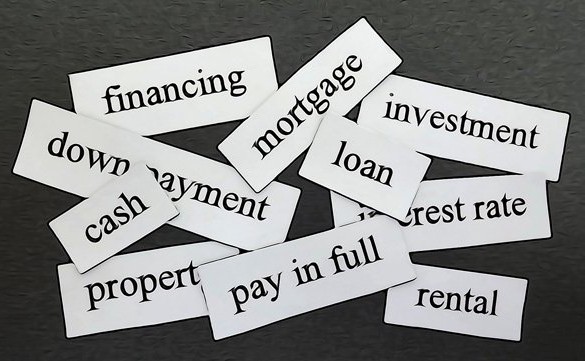

To break it down into its simplest terms, a mortgage has four distinct components:
- The amount of money you are borrowing
- The amortization period (This is the total length of time you are provide with for paying off your mortgage.)
- The mortgage’s term (This is the amount of time you have before you must renew it.)
- Your mortgage’s overall cost (This is defined as the amount of interest your bank or lender is charging you.)
The length of your mortgage’s amortization period is going to determine what the size of your mortgage down payment must be. In general, the average amortization period ranges from 25-30 years, because payments are typically more affordable versus a mortgage with a shorter amortization period. In Canada, the longest amortization period that is allowed under the law is 35 years.
The interest amount that you are charged by your lender (also referred to as the interest rate) is determined by the state of the current market and economy. Your personal credit history and current financial situation also play an influential role in determining interest rates. Your interest rate can also be affected by whether or not you plan to make your new house your primary residence or not.
Interest vs. Principle
When you initially apply for a mortgage, your mortgage specialist Toronto or mortgage broker will assist you in creating an amortization schedule. This timetable will be created in bi-weekly or monthly increments, and it will show you a detailed outline of how each payment you make will be allocated towards the different elements of your debt.
For each separate mortgage payment you make, a portion of the monetary funds will be set aside to cover your interest rate charges, and the rest of the funds will be allocated to paying down the overall principle, which is the actual amount of money you borrowed.
With a brand new mortgage, considerably less of your mortgage payments will be allotted towards the principle because most it will go towards paying off interest rate charges. However, over time, this will shift, and less interest will be paid. More money will be diverted towards the principle until you are barely paying any interest at all.
As a general rule of thumb, the faster you are able to pay off your mortgage, the less money you will have to pay overall towards interest fees. Moreover, your mortgage offers an ideal platform in which to invest any additional funds you make come into.
Finally, the importance of mortgage flexibility is not something that should be overlooked. There are a small percentage of lenders who will charge you “prepayment penalties” if you attempt to pay off your mortgage early. These types of mortgages, if possible, should be avoided at all costs.










